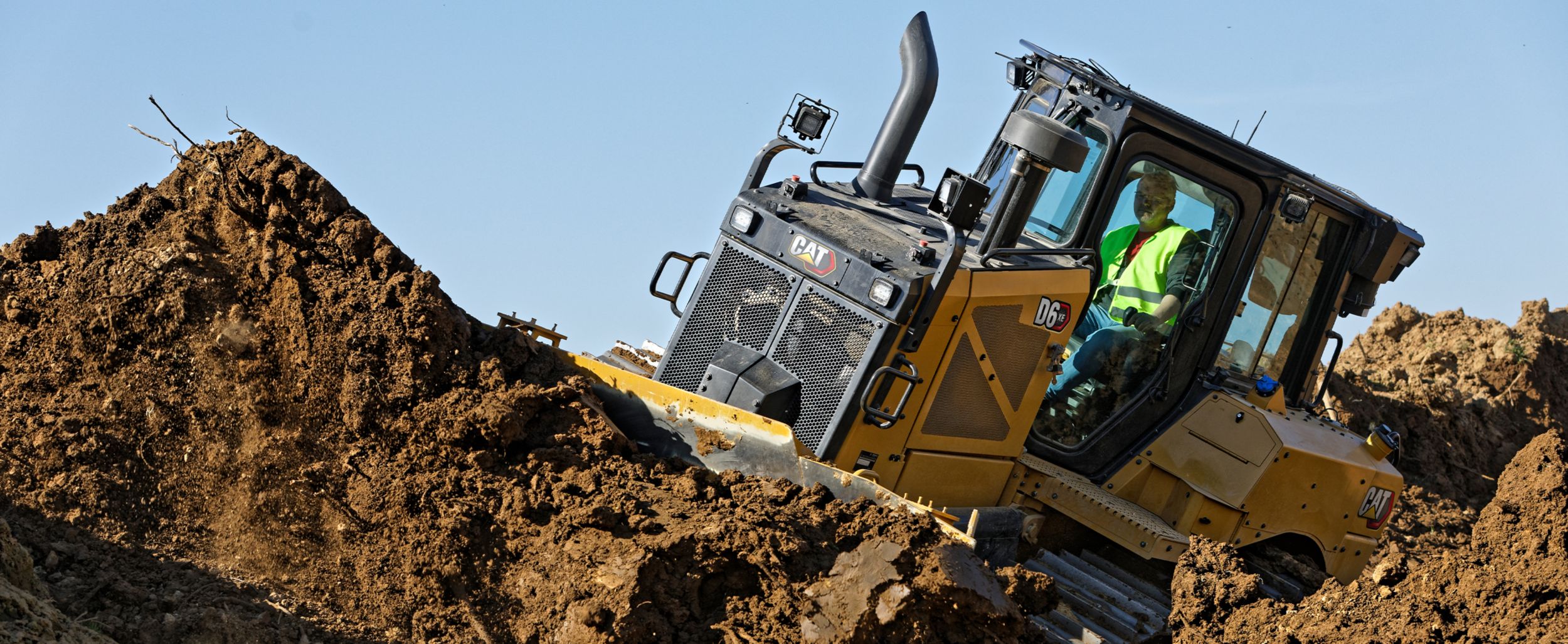Construction Equipment Rentals in Tuscaloosa, AL: Whatever You Required for Your Task Site
Construction Equipment Rentals in Tuscaloosa, AL: Whatever You Required for Your Task Site
Blog Article
Exploring the Financial Advantages of Leasing Building Equipment Compared to Owning It Long-Term
The choice between having and renting out construction devices is crucial for monetary monitoring in the market. Renting out offers instant price savings and functional versatility, permitting business to designate resources extra effectively. Recognizing these nuances is essential, particularly when taking into consideration exactly how they straighten with particular job needs and financial methods.

Expense Contrast: Renting Out Vs. Owning
When examining the financial implications of having versus renting building and construction tools, a complete cost comparison is essential for making notified choices. The option in between owning and renting can significantly influence a firm's profits, and comprehending the linked expenses is important.
Leasing construction tools typically entails lower ahead of time costs, enabling services to allot funding to other functional demands. Rental expenses can accumulate over time, possibly exceeding the cost of possession if tools is required for an extensive duration.
Alternatively, having building equipment needs a considerable initial investment, along with continuous costs such as insurance policy, depreciation, and financing. While possession can lead to long-lasting savings, it also locks up funding and may not give the same degree of adaptability as renting. In addition, having tools demands a dedication to its use, which might not constantly line up with job demands.
Inevitably, the decision to lease or have must be based upon an extensive analysis of particular task requirements, monetary capacity, and long-term critical objectives.

Maintenance Obligations and costs
The option in between renting out and having building and construction tools not only includes monetary factors to consider however likewise encompasses ongoing maintenance expenses and duties. Possessing devices requires a substantial dedication to its upkeep, that includes regular evaluations, repairs, and possible upgrades. These responsibilities can swiftly gather, leading to unanticipated prices that can stress a spending plan.
In contrast, when renting out devices, upkeep is generally the duty of the rental company. This plan permits specialists to prevent the economic concern connected with damage, in addition to the logistical obstacles of scheduling repairs. Rental contracts typically consist of arrangements for upkeep, indicating that professionals can concentrate on finishing projects instead of fretting about tools problem.
Additionally, the diverse array of devices readily available for rent allows companies to choose the most recent models with innovative technology, which can boost efficiency and efficiency - scissor lift rental in Tuscaloosa, AL. By choosing leasings, businesses can stay clear of the long-lasting responsibility of equipment devaluation and the connected upkeep migraines. Eventually, reviewing maintenance expenditures and obligations is important for making an informed decision regarding whether to possess or lease building and construction equipment, dramatically affecting general job prices and operational performance

Devaluation Effect On Possession

A significant factor to think about in the decision to own building tools is the effect of depreciation on overall possession costs. Devaluation stands for the decrease in value of the tools over time, affected by elements such as use, wear and tear, and improvements in innovation. As tools ages, its market worth reduces, which can dramatically impact the owner's financial placement when it comes time to trade the devices or market.
For construction firms, this devaluation can translate to substantial losses if the tools is not utilized to its maximum capacity or if it lapses. Proprietors need to check this account for devaluation in their financial estimates, which can bring about higher total costs contrasted to renting out. In addition, the tax ramifications of devaluation can be complicated; while it may give some tax advantages, these are usually balanced out by the truth of minimized resale value.
Inevitably, the worry of devaluation highlights the significance of understanding the long-term financial commitment associated with possessing construction equipment. Business must carefully review exactly how often they will certainly make use of the equipment and the possible economic impact of depreciation to make an informed choice concerning possession versus renting out.
Economic Adaptability of Leasing
Renting building and construction tools offers significant monetary versatility, enabling firms to designate sources a lot more successfully. This versatility is particularly critical in a market defined by rising and fall task demands and varying work. By deciding to rent, businesses can stay clear of the substantial resources outlay needed for buying devices, protecting money circulation for other functional demands.
Furthermore, renting out equipment makes it possible for business to customize their equipment selections to particular project requirements without the lasting dedication associated with possession. This implies that businesses can easily scale their devices inventory up or down based upon current and expected project requirements. As a result, this adaptability reduces the threat of over-investment in machinery that might become underutilized or out-of-date in time.
An additional financial benefit of renting is the potential for tax benefits. Rental payments are typically taken into consideration overhead, allowing for prompt tax reductions, unlike devaluation on owned devices, which is topped numerous years. scissor lift rental in Tuscaloosa, AL. This prompt cost recognition can even more enhance a firm's cash placement
Long-Term Task Considerations
When assessing the long-term requirements of a construction company, the choice check my source between renting out and possessing tools comes to be extra complicated. Key aspects to take into consideration consist of task period, frequency of use, and the nature of upcoming jobs. For tasks with prolonged timelines, purchasing devices might appear helpful due to the possibility for reduced overall expenses. Nevertheless, if the tools will not be used consistently throughout projects, possessing may cause underutilization and unnecessary expenditure on insurance, upkeep, and storage.
The building sector is progressing quickly, with new equipment offering enhanced efficiency and security attributes. This flexibility is especially advantageous for services that deal with varied projects calling for various types of tools.
In addition, financial security plays a crucial role. Possessing devices often involves substantial capital expense and depreciation problems, while renting permits for even more foreseeable budgeting and cash circulation. Ultimately, the option in between possessing and renting must be aligned with the tactical purposes of the building business, taking into account both present and anticipated job needs.
Verdict
Finally, renting out construction equipment supplies considerable financial advantages over long-term ownership. The reduced ahead of time expenses, elimination of maintenance duties, and avoidance of devaluation add to enhanced cash flow and financial adaptability. scissor lift rental in Tuscaloosa, AL. Additionally, rental repayments act as instant tax reductions, further profiting service providers. Eventually, the choice to rent instead than own aligns with the dynamic nature of building and construction projects, permitting for adaptability and access to the current equipment without the economic problems associated with ownership.
As tools ages, its market value lessens, which can useful source significantly impact the proprietor's financial position when it comes time to market or trade the equipment.
Renting building equipment supplies considerable monetary versatility, allowing firms to allot resources much more efficiently.In addition, renting out devices makes it possible for business to customize their equipment selections to details task demands without the long-lasting commitment associated with possession.In final thought, renting construction equipment uses substantial financial advantages over long-lasting ownership. Inevitably, the choice to rent out rather than own aligns with the dynamic nature of construction tasks, enabling for versatility and accessibility to the most current tools without the financial problems linked with possession.
Report this page